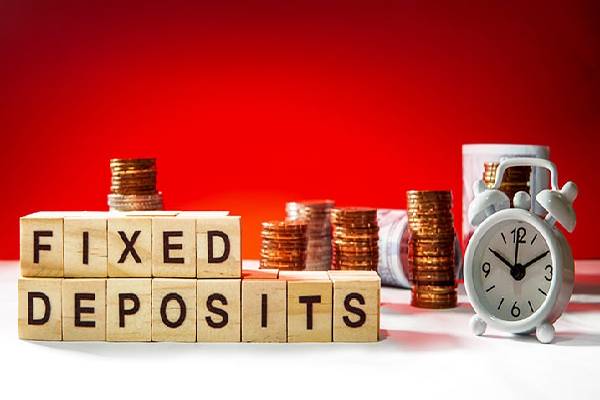What Does FD Stand For? Fixed Deposit Meaning Explained for Beginners

In finance, fixed deposits are like the cornerstone for many people. They offer an investment option that is steady and safe. For those starting their journey in financial planning, understanding what FD means in bank and why they matter holds great importance.
What Does FD Stand For?
A fixed Deposit is a type of financial tool provided by banks and other finance establishments. When someone chooses an FD, they put in a certain sum of money for an agreed-upon time period. They also agree to receive interest at a set rate over this length of time. This setup guarantees a predictable profit from one’s investment, making FDs appealing to individuals who desire steadiness.
Why FDs Are Popular Among Beginners
For people who are just starting out, fixed deposits have a lot of appeal because they offer many benefits. To start with, fixed deposit investment offers an opportunity that is low in risk and comes with guaranteed returns. Unlike other assets like shares or mutual funds, which can be quite unstable, FDs have a constant interest rate for the entire time you keep your money deposited.
This makes them perfect for those who want to protect their capital and create a steady income. IDFC FIRST Bank offers up to 8% p.a. interest on fixed deposits.
Understanding Maturity Period
A basic part of fixed deposits is the idea of maturity. People who invest in it agree to keep their money for a certain time, which is called the maturity period. When this period ends, they get back the main amount plus any interest earned on top. This characteristic of FDs makes them suitable for accomplishing financial goals within a period of time that is not very long, offering steadiness.

Accessibility and Simplicity
A major reason why fixed deposits are usually the first choice for many people is because they are simple and easy to access. Usually, starting an FD account needs only basic paperwork. Also, many banks provide online FDs, which people can conveniently handle from their homes. This accessibility makes FDs an excellent starting point for those new to investing.
Safety and Security
When you start investing, safety and security become very important. Most banks give insurance to deposits for a particular limit, which helps lower the danger of losing money because of bank failure. This guarantee boosts the attractiveness of FDs, giving investors assurance and tranquillity at the beginning stages of their investment path.
For those starting their journey in financial planning, fixed deposits (FDs) can be seen as a basic part. Knowing what FDs are and the benefits they bring helps people to choose wisely for safeguarding their financial future.
In Conclusion
Although FDs might not offer the greatest returns when compared with more risky assets, their steadiness, foreseeable nature, and ease of use make them an important part of a balanced investment portfolio. When beginners start their financial journey, they can use fixed deposits as a base to create wealth and reach their goals in the future.








